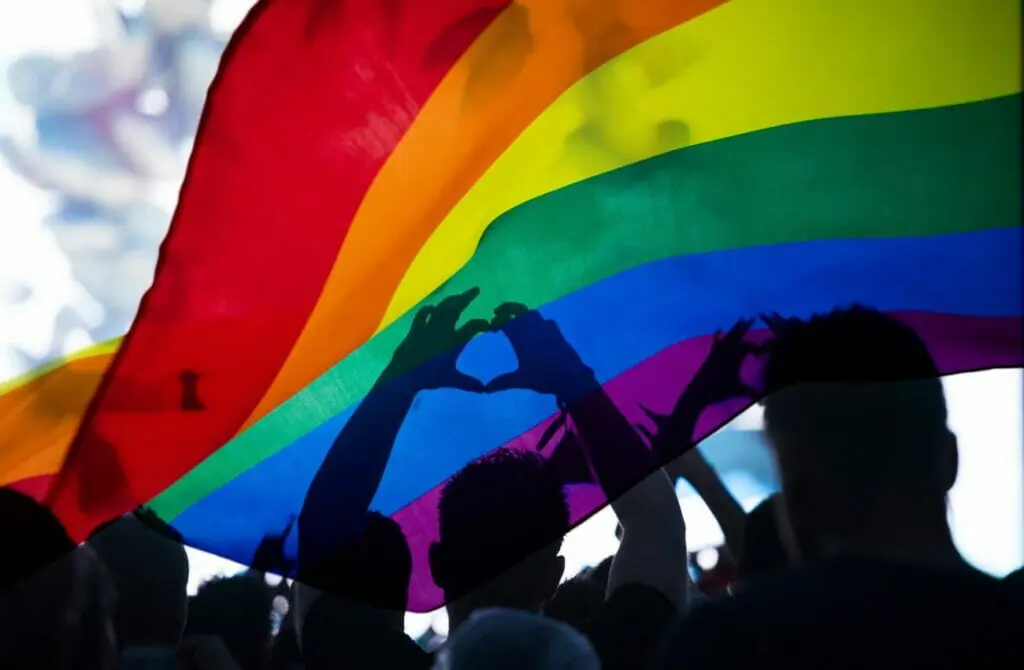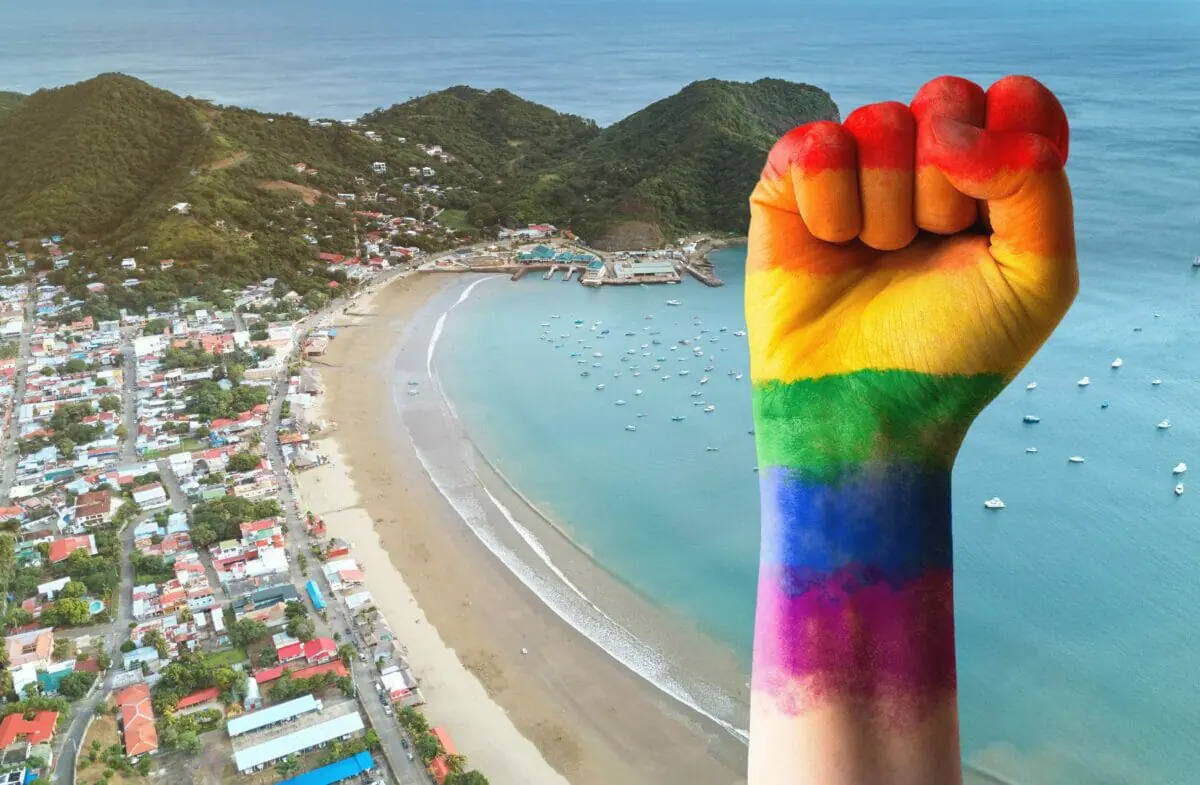LGBT rights in Nicaragua have seen significant growth and change in recent years, particularly between 2007 and 2017. While both male and female same-sex sexual activity is legal in the country, and discrimination based on sexual orientation is banned in areas such as employment and access to health services, there is still much progress to be made. As a result, the experiences of local residents and tourists tend to differ.
Locals continue to face challenges in a predominantly conservative society with limited legal protections and social acceptance. Tourists, on the other hand, may enjoy a more welcoming atmosphere in popular travel destinations. Still, visitors should exercise caution and remain vigilant, as the situation can change quickly, and there may be individuals with ill intentions toward the LGBT community.
Before traveling to Nicaragua, it is essential to be well-informed and seek current advice on the situation. While the country has made strides in LGBT rights and acceptance, outdated information or regional differences can create potential hazards for both tourists and locals. Stay updated on any advancements in local laws, community resources, and safety precautions to make the most informed decisions while in the country.
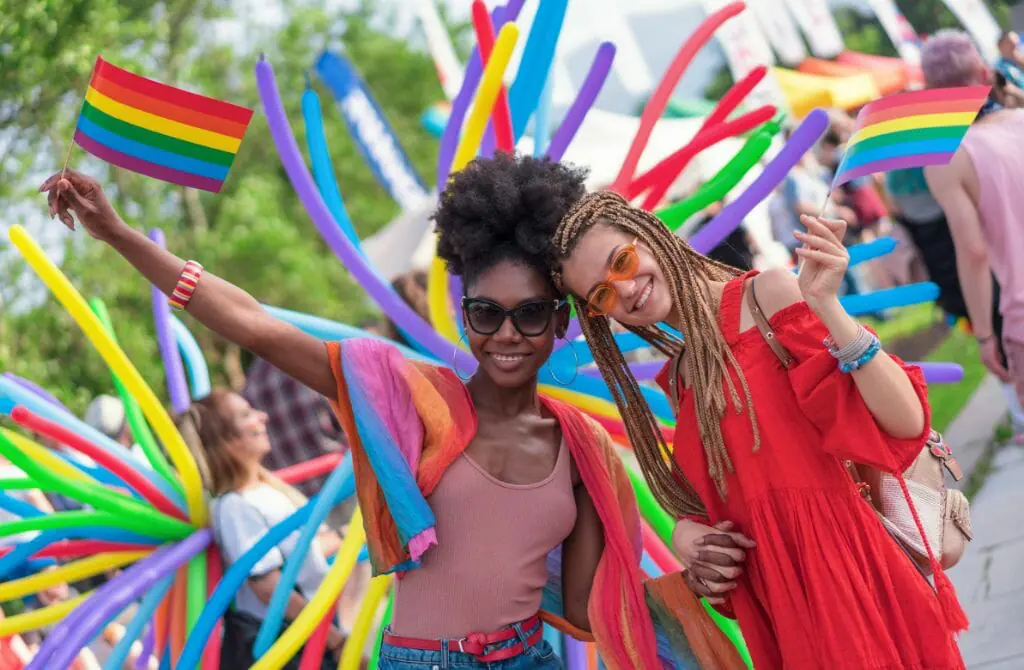
History Of LGBT Rights In Nicaragua
LGBT rights in Nicaragua have experienced both advances and setbacks throughout the years. In March 2008, same-sex sexual activity, both male and female, became legal in the country. The age of consent is 16, regardless of sexual orientation or gender, and all sexual offenses are gender-neutral, as stated in articles 168, 170, 172, and 175 of the Criminal Code of Nicaragua.
The period between 2007 and 2017 marked a significant growth for the LGBTQ rights movement in Nicaragua. During this decade, various nationwide organizations were created to advocate for LGBTQ rights and celebrate their culture through different mediums, such as journalism, theater, support services, and Miss Gay pageants. However, in 1992, Nicaragua criminalized homosexuality through Article 204, which was later repealed.
Despite the legal advancements, the situation for LGBT individuals in Nicaragua varies between local people and tourists. While homosexuality is legal, same-sex relationships are not recognized in the country, and locals may face discrimination and social stigma. Tourists, on the other hand, may not be subjected to the same challenges, but it’s always essential to be considerate of the local culture and respectful of the law.
To protect themselves, travelers could take several precautions, such as avoiding public displays of affection with same-sex partners, being aware of local customs concerning LGBTQ issues, and seeking guidance from LGBTQ-friendly establishments and organizations for support and advice before traveling.
It is crucial to understand that situations can change rapidly, and information might be outdated. Always remain vigilant, seek current information and advice before traveling, and exercise caution. Be respectful of local customs and laws to ensure a safe and enjoyable experience while visiting Nicaragua.
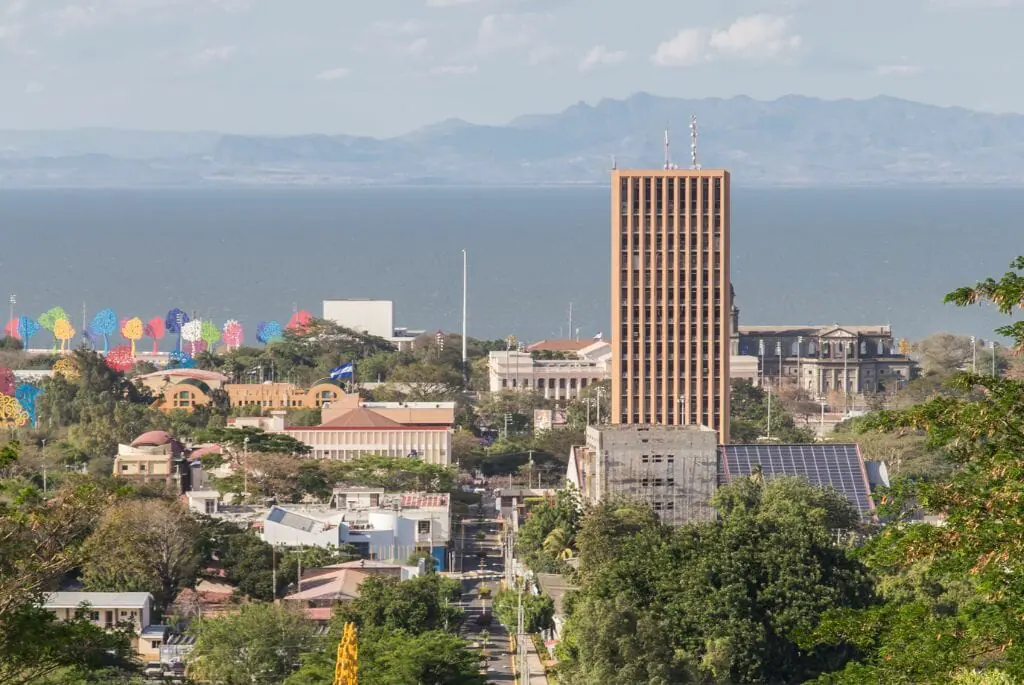
The LGBT Current Situation In Nicaragua
LGBT rights in Nicaragua have seen some progress, with same-sex sexual activity being legal and discrimination based on sexual orientation being banned in certain areas, such as employment and access to health services. However, this doesn’t necessarily translate to societal acceptance, and the rights of the LGBT community are still an ongoing struggle, particularly in the wake of sociopolitical crises.
For tourists visiting Nicaragua, it is worth noting that attitudes and experiences may differ when compared to those of the local LGBT community. Tourists often benefit from being in more cosmopolitan or tourist-friendly areas where people might be more open-minded, while locals may experience greater challenges in terms of stigma and discrimination.
To ensure your safety and well-being while traveling, it is crucial to be cautious and vigilant. Stay informed about the current situation by seeking up-to-date information and advice before you travel, as situations can change rapidly. Be aware that attitudes can vary widely within the country – particularly in rural areas – so it is best to gauge the local atmosphere and act accordingly.
Should you encounter any issues or feel threatened, consider reaching out to local or international LGBT support organizations for assistance. Many organizations have resources and contacts on the ground that can provide guidance and help you navigate any challenges you might face.
Remember, regardless of the country, there are always individuals with bad intentions or negative attitudes. To minimize risks, use the same precautions as you would at home or in any other foreign destination while remaining respectful of local customs and sensibilities. Keep in mind that, as a visitor, it is your responsibility to maintain a professional and respectful demeanor to ensure a safe, enjoyable experience for yourself and the local community.
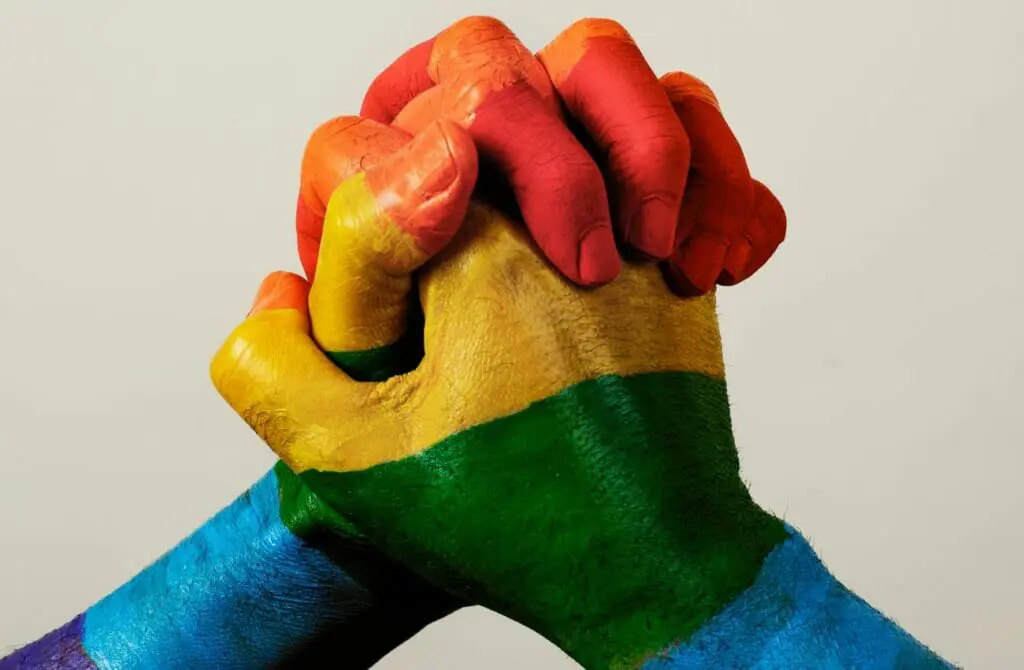

The Future For The Queer Community In Nicaragua
LGBT rights in Nicaragua have seen some progress in recent years, with both male and female same-sex sexual activity being legal. Discrimination based on sexual orientation is also banned in certain areas, such as employment and access to health services. However, more work is needed to achieve full equality.
For local LGBT individuals, the situation can still be challenging as stigma and societal attitudes persist, potentially affecting their day-to-day lives. Tourists, while generally enjoying a degree of protection from discrimination, should also remain aware of the local context when visiting Nicaragua.
In order to protect oneself, it would be wise to stay updated on the local laws and cultural norms and be discreet about one’s sexual orientation or gender identity if necessary. Precautions such as avoiding public displays of affection and being cautious when discussing one’s LGBT status with locals could be helpful, acting with cultural sensitivity while still enjoying one’s visit to the country.
It’s important to note that situations can change quickly, and information can become outdated. Seeking current advice before traveling is crucial to remain vigilant, especially as every country has bad actors. Stay informed, and enjoy Nicaragua while taking the necessary precautions for a safe and enjoyable experience.
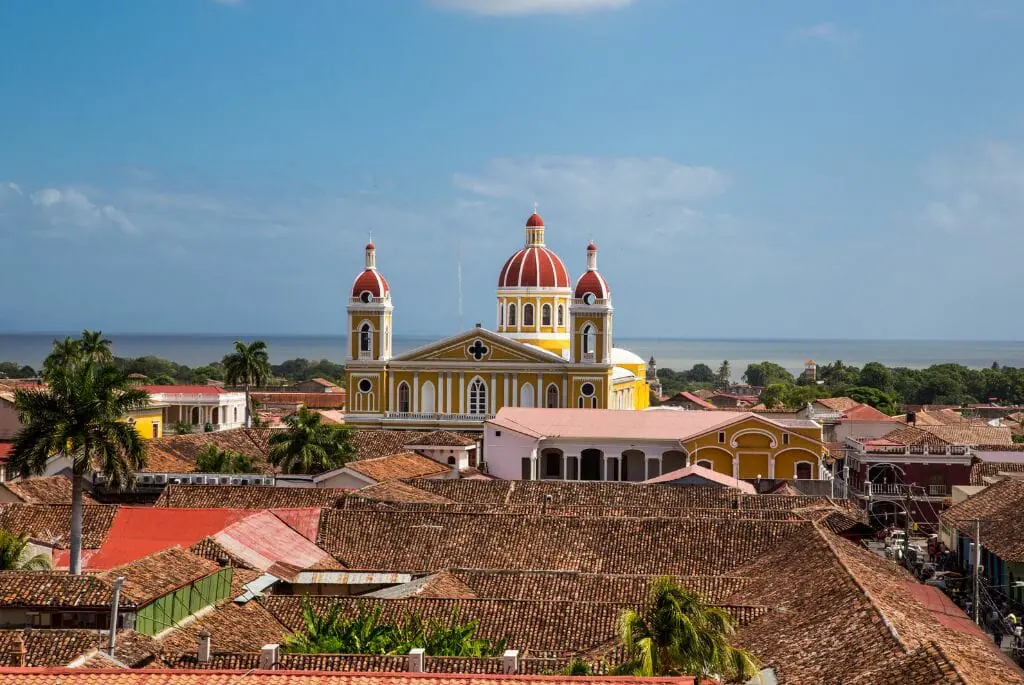
Protect Yourself While Travelling In Gay Nicaragua
While LGBT rights in Nicaragua have progressed and same-sex sexual activity is legal, there are still areas of concern for both locals and tourists. Discrimination based on sexual orientation is banned in certain areas, such as employment and access to health services; however, other protections may not be as extensive. It is important to exercise caution, particularly for transgender individuals and those expressing their gender identity and sexual orientation openly.
For LGBT tourists visiting the country, it is essential to do research ahead of time, stay informed, and exercise discretion. Situations may change rapidly, and it is always advisable to seek current advice before traveling. It is essential to be extra vigilant about personal safety, keeping in mind that there may be more discrimination towards tourists who stand out.
Some steps that can be taken to protect oneself include avoiding public displays of affection, refraining from discussing your sexual orientation or gender identity with strangers, and staying aware of local LGBTQ-friendly establishments and spaces. If you feel unsafe or threatened, immediately seek support from local allies or your embassy.
It is crucial to remember that, like anywhere else worldwide, there are people with varying levels of acceptance and intolerance. Even in countries where LGBT rights are protected, there can still be individuals with prejudiced attitudes. Be aware of your surroundings and trust your instincts when it comes to personal safety.
Lastly, as situations can change quickly, and information presented here may become outdated, it is imperative always to stay updated on current LGBT rights and protections in any destination.
